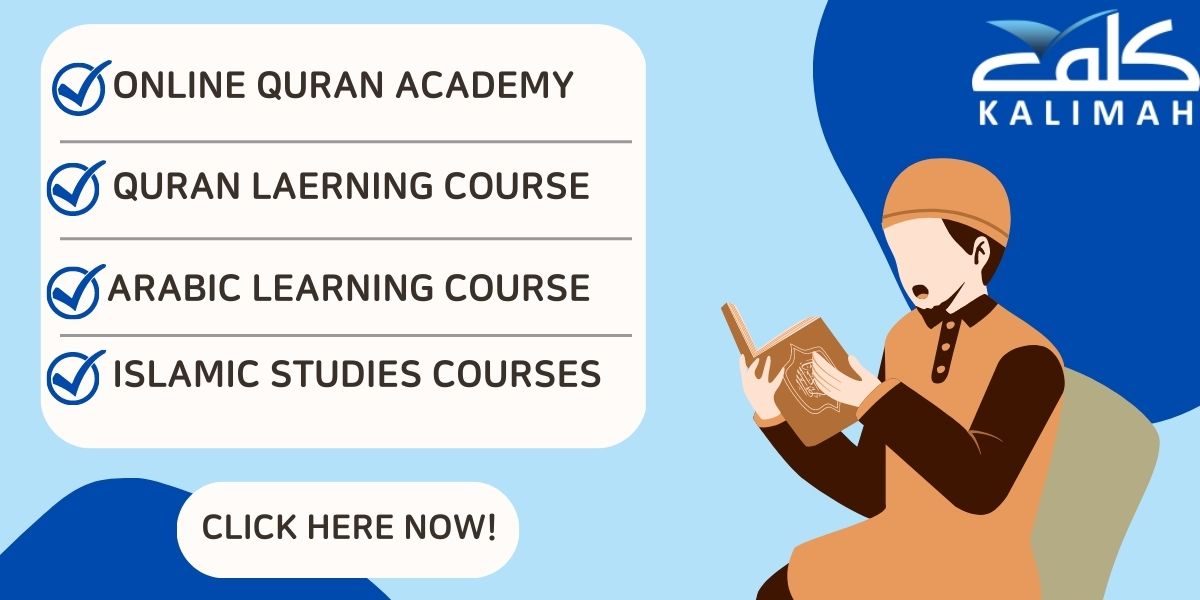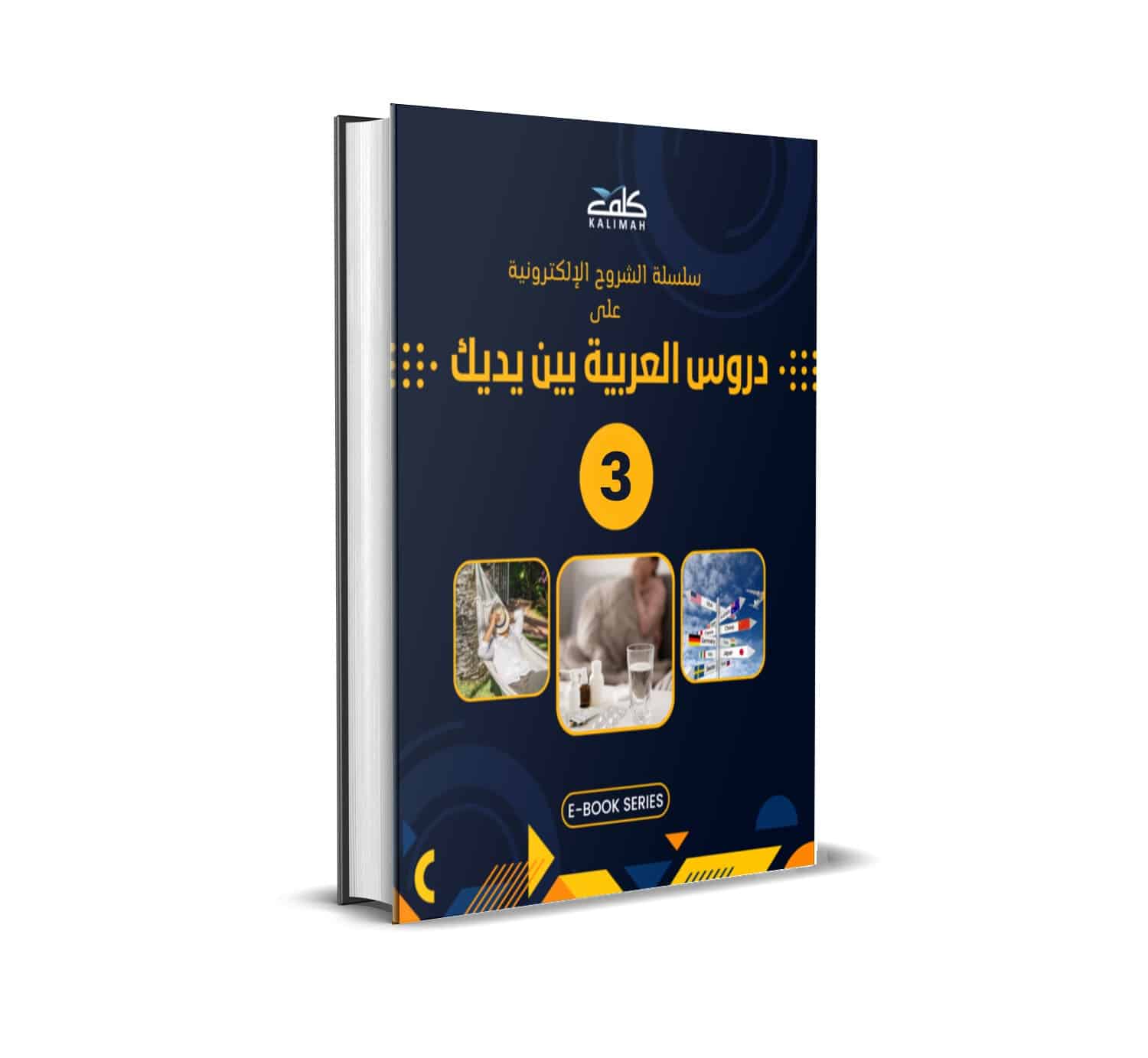In a nutshell: Why is the Quran in Arabic? The Quran’s use of Arabic is a divine choice, preserving its profound beauty and depth. Arabic’s rich vocabulary and intricate grammar capture the text’s miraculous eloquence, making the original revelation unique and unaltered, while translations can only convey a glimpse of its true essence.
“When I listen to the Quran recited in Arabic, it’s as if I’m hearing the beating of my own heart.” – Arthur Arberry, Orientalist
“The Quran is not only the constitution of Islam but also the pinnacle of Arabic eloquence. Its astonishing style is evidence that the Quran is a revelation from God, and Muhammad spread his dominion by the miracle of his speech.” – Barthélemy St. Hilaire, a renowned Orientalist,
Even non-Muslims, like Arthur Arberry and Barthélemy St. Hilaire, were amazed by the beauty of the Quran in Arabic. They felt it in their hearts, like a heartbeat. They also recognized that the Arabic language is very special.
But why did Allah (SWT) choose Arabic for His final message? If Allah wants people to follow Islam, why the Quran in Arabic only?
Let’s explore this together, inshallah (God willing). May Allah (SWT) guide us and open our hearts to the beauty of His words. Bismillah (In the name of God), let’s begin.
Is the Quran Written in Arabic?
Yes, the Quran is written in Arabic. It was revealed in the 7th century to the Prophet Muhammad (peace be upon him) in the Arabic language. Arabic is not just the medium of the Quran but also an integral part of its divine nature. The language’s rich vocabulary, intricate grammar, and poetic eloquence contribute to the profound depth and beauty of the Quranic text.
Is the Quran Only in Arabic?
Yes, the original text of the Quran is in Arabic, and it is the direct word of Allah in its purest form. However, translations of the Quran are available in numerous languages to make its teachings accessible to non-Arabic speakers.
These translations aim to convey the meanings and messages of the Quran, but they are not considered equivalent to the Arabic text. So, Translations are seen as interpretations of the meaning, not the divine word itself. The original Arabic text is recited in prayers and memorized by Muslims around the world.
Why is the Quran in Arabic?
Well, there are many compelling reasons for this, some very clear, some a bit deeper. We’ll look at these reasons together, exploring what scholars have said and what we can find in the Quran itself.
1. Divine Wisdom Beyond Human Comprehension
The foremost reason for the Quran being in Arabic is rooted in the divine wisdom of Allah, which is beyond human comprehension. As humans, we cannot fully grasp the reasons behind Allah’s choices, including His decision to reveal His final message in Arabic. It is a matter of faith and submission to the will of Allah, who is all-knowing and all-wise.
Allah states in the Quran:
“لَا يُسْأَلُ عَمَّا يَفْعَلُ وَهُمْ يُسْأَلُونَ”
“Lā yus’alu ‘ammā yaf’alu wa hum yus’alūn”.
“He is not questioned about what He does, but they will be questioned”. (Al-Anbyia 21:23)
This verse emphasizes that Allah’s actions and decisions are beyond questioning. As believers, we accept His choices with humility and reverence, recognizing that His wisdom surpasses our understanding.
2. Language of the Initial Recipients
The Quran was revealed in Arabic because it was the language of the people to whom the Prophet Muhammad (peace be upon him) was initially sent. The message needed to be clear and comprehensible to its first audience, the Arabs of the 7th century. This aligns with the divine principle that messages are sent in the language of the people they address.
Allah says in the Quran:
“وَمَا أَرْسَلْنَا مِن رَّسُولٍ إِلَّا بِلِسَانِ قَوْمِهِ لِيُبَيِّنَ لَهُمْ”
“Wa mā arsalnā mir rasūlin illā bilisāni qawmihi li yubayyina lahum.”
“And We did not send any messenger except [speaking] in the language of his people to state clearly for them.” (Ibrahim 14:4)
This verse underscores the necessity of the Quran being in Arabic, the language of the Prophet Muhammad (peace be upon him) and his community, ensuring that the message was conveyed effectively and understandably.
3. Unique Characteristics of the Arabic Language
Arabic possesses unique qualities that make it particularly suitable for conveying the divine message. It is a language renowned for its richness, depth, and precision. Arabic’s extensive vocabulary allows for nuanced expression, and its grammatical structures enable complex ideas to be communicated clearly. As German orientalist Annemarie Schimmel noted in her introduction to Murad Hoffman’s “Islam as an Alternative”:
“The Quran is the word of God, revealed in clear Arabic. Its translation can never surpass the surface level, for who can capture the beauty of God’s word in any language?”
Ernest Renan, a renowned orientalist, acknowledged the superiority of Arabic in his book “History of the Semitic Languages”:
“From the most astonishing wonders is that this language, developed in the deserts, has reached a state of perfection that makes it impossible to change. It surpasses its sister languages in the abundance of its vocabulary, the precision of its meanings, and the harmony of its structures.”
The linguistic features of Arabic, such as its extensive vocabulary, morphological structures, and syntactical flexibility, contribute to the Quran’s unparalleled eloquence and depth. The Quran’s challenge to its contemporaries to produce a text of similar quality remains unmet, testifying to its divine origin.
4. Literary and Linguistic Miracle
The Quran’s revelation in Arabic also serves to highlight its miraculous nature. The Arabs of the Prophet’s time were known for their eloquence and literary prowess. The Quran challenged them with its unmatched linguistic beauty and depth, proving its divine origin. As the Quran states:
Allah challenges humanity in the Quran:
“وَإِن كُنتُمْ فِي رَيْبٍ مِّمَّا نَزَّلْنَا عَلَى عَبْدِنَا فَأْتُواْ بِسُورَةٍ مِّن مِّثْلِهِ وَادْعُواْ شُهَدَاءكُم مِّن دُونِ اللّهِ إِن كُنتُمْ صَادِقِينَ”
“Wa in kuntum fī raybin mimmā nazzalnā ‘alā ‘abdina fa’tū bi sūratin min mithlihi wa ad’ū shuhadā’akum min dūnillāhi in kuntum sādiqīn.”
“And if you are in doubt about what We have sent down upon Our Servant [Muhammad], then produce a surah the like thereof and call upon your witnesses other than Allah, if you should be truthful.” (al-Baqarah 2:23)
Despite their linguistic skills, the contemporaries of the Prophet Muhammad (PBUH) were unable to meet this challenge, thereby attesting to the Quran’s miraculous nature. The eloquence and rhetorical excellence of the Quran remain unparalleled, further solidifying its status as a divine revelation.
5. Preservation and Authenticity
Another compelling reason for the Quran being in Arabic is related to its preservation and authenticity. The Quran is unique among religious texts in that it has remained unchanged since its revelation over 1400 years ago. American researcher Michael Hart, emphasizes this point:
“There is no other book in the history of religions that has remained intact with its letters complete, without alteration, except the Quran.”
This unaltered preservation is partially attributed to the precise and unchanging nature of the Arabic language. Arabic, unlike many other languages, has maintained a high degree of linguistic continuity, allowing the Quran to be recited and understood as it was during the time of the Prophet Muhammad (PBUH).
Read more about learn Arabic prayer

If Allah Wants People to Follow Islam, Why Is the Quran in Arabic Only?
Ah, that’s a great question! Imagine a teacher explaining a lesson to his students. He would naturally speak in a language everyone (in this very particular class) understands, right? Well, that’s how Islam started. The Quran was revealed to Prophet Muhammad (peace be upon him) in the language he and his community already spoke – Arabic.
It was necessary for the Quran, like other divine books, to be revealed in one of the living languages spoken by people at the time of its revelation. Arabic was one of the most important of these languages. If the Quran had been revealed in any language other than Arabic, people would still question why it was revealed in that language.
(وَلَوْ جَعَلْنَاهُ قُرْآنًا أَعْجَمِيًّا لَّقَالُوا لَوْلَا فُصِّلَتْ آيَاتُهُ ۖ أَأَعْجَمِيٌّ وَعَرَبِيٌّ ۗ قُلْ هُوَ لِلَّذِينَ آمَنُوا هُدًى وَشِفَاءٌ ۖ وَالَّذِينَ لَا يُؤْمِنُونَ فِي آذَانِهِمْ وَقْرٌ وَهُوَ عَلَيْهِمْ عَمًى ۚ أُولَٰئِكَ يُنَادَوْنَ مِن مَّكَانٍ بَعِيدٍ)
(And if We had made it a non-Arabic Qur’an, they would have said, “Why are its verses not explained in detail [in our language]? Is it a foreign [recitation] and an Arab [messenger]?” Say, “It is, for those who believe, a guidance and cure.” And those who do not believe – in their ears is deafness, and it is upon them blindness. Those are being called from a distant place). (Fussilat 41:44)
But Islam is for everyone, not just Arabs! So, how does that work?
Think of the Quran like a treasure map. It’s written in Arabic, but it leads to a treasure everyone can find. We can translate the map into different languages, so everyone can understand the directions.
But, the original map is still important. It’s like a precious gem we keep safe. It’s the most accurate guide to the treasure, and we can always check our translations against it.
So, Arabic is special because it’s the original language of the Quran. But, Islam is for the whole world. We share its message in different languages, so everyone can find their way to Allah’s love and guidance.
Read more about: Is Quranic Arabic different from normal arabic?
Why Do Most Muslims Believe the Quran Must be Read in Arabic?
The Quran (in its only true Arabic form) must be read in Arabic because the Quran is the literal word of God, revealed in the Arabic language. This belief is grounded in the understanding that the divine message encompasses both its meanings and its precise Arabic wording, which cannot be fully captured in translation.
Translations of the Quran, while useful for understanding its message, are viewed as interpretations rather than the actual Quran itself. This distinction is crucial because the Quran’s unique style, rhythm, and depth are inherently tied to the Arabic language, and any translation, no matter how accurate, cannot replicate the divine essence and miraculous nature of the original text.
This is because translations are subject to the translators’ interpretations, linguistic limitations, and cultural contexts, which can lead to variations in meaning. Therefore, while reading translations can aid in comprehension and provide valuable insights, non-Arab Muslims are encouraged to learn and recite the Quran in Arabic to experience its true form and fully appreciate its divine eloquence.
Of course you can read a translation of the meanings of the Qur’an outside of prayer, and indeed it should be done, to increase jurisprudence and achieve knowledge

Want to Learn, Recite and Memorize the Unaltered and Literal Words of Allah?
We, at Kalimah Center, guide you step-by-step, from the basics of Arabic pronunciation to mastering the intricate rules of Tajweed. Our experienced, ijazah-certified teachers create a nurturing environment where you can learn, grow, and deepen your love for the Quran.
Why Choose Kalimah Centre?
- Learn from the Best: Our teachers hold Ijazah certifications, ensuring the highest standard of Quranic teaching.
- Learn at Your Own Pace: Flexible online classes fit your busy schedule.
- Start from the Beginning: Our Noorani Qaida course builds a strong foundation in Arabic pronunciation.
- Master Tajweed: Progress through 13 levels, covering every rule for flawless recitation.
- Deepen Your Understanding: Combine Quranic studies with our Arabic courses to unlock the full meaning of Allah’s words.
- Seek Ijazah: For dedicated students, the path to receiving an Ijazah in Quran recitation is open.
Enroll in our FREE trial today

Conclusion:
The Quran is in Arabic because this language uniquely encapsulates its divine message. Revealed in the 7th century to Prophet Muhammad, Arabic was the spoken language of the time, ensuring the message was clear and relevant to its initial audience.
Arabic’s rich vocabulary and complex grammar add layers of meaning that are integral to the Quran’s profound depth and beauty, making Arabic indispensable for fully experiencing the text’s eloquence and miraculous nature.
Moreover, the Quran’s unaltered preservation over 1,400 years is partly due to Arabic’s linguistic stability. While translations help convey the Quran’s message to non-Arabic speakers, they can’t match the original’s divine essence. Thus, learning and reciting the Quran in Arabic maintains its authenticity and spiritual impact, honoring its divine revelation in the language of its inception.














